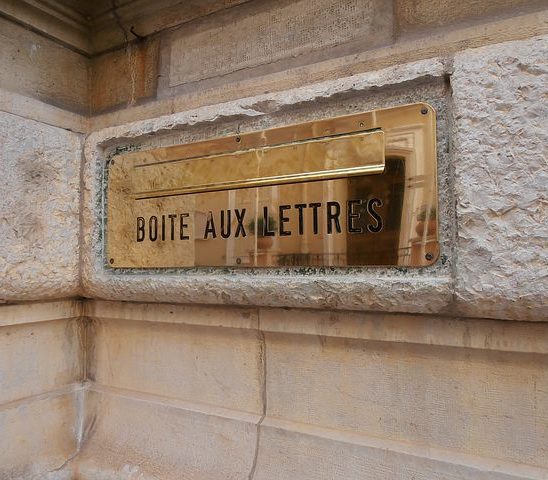
Letter from Emmanuel Macron to the French people, a view on a unique form of political communication
Unlike what has often been said, French President Emmanuel Macron’s letter was unprecedented. When François Mitterrand and Nicolas Sarkozy wrote their own letters to the French people, respectively, in 1988 and 2012, they were running for reelection. Their letters thus introduced their forthcoming presidential programs. A President in office writing to his fellow citizens to ask their opinion about the reforms to undertake is something much different, hitherto unseen.
If it was necessary to convince oneself of the unusual character of the President’s initiative, one only had to read the national press. The diversity of coverage and discussions his letter triggered show how this invitation to a broad democratic dialogue goes beyond the usual codes of political communication. So shows the analysis of the letter’s content and the chances of success of the coming Great Debate were analyzed.
L’Humanité refused to publish the letter and other national outlets featured this issue in very different ways. La Croix fully reproduced it in a double page paper with a picture, Le Monde, Le Parisien and Les Echos did the same, Libération only disclosed few extracts, sending its readers back to its website, and L’Opinion restricted it to a side box.
The columns chosen by outlets to feature this letter is equally significant. Two daily newspapers chose to separate the letter from the pages devoted to its analysis. Le Figaro relegated some excerpts to the “Debates” category (p.20) and published an Op-ed written by Laurent Wauquiez and another one by the presidents of the three main associations of local elected officials. Les Échos published the letter in its “Idées et Débat”s booklet, section “Opinions” p. 10, after commenting on the information on p. 2 and 3.
We are less surprised by the diversity of analysis on the President’s initiative itself: Liberation and Le Monde are on the same page with their respective titles, each in its own style, “Writing catch-up” and “Macron is trying to revive his five-year term”. Les Echos and La Croix remained more factual: “Macron invites the French to debate” and “It’s time to debate”. Only Le Figaro features the President’s “punch line” : “Turn angers into solutions”.
Finally, while La Croix, Les Echos and Le Parisien did not give a clear position on the results to expect, Le Monde qualified the initiative as a “big bet”, alike Le Figaro which stated that “the dialogue bet is not won in advance”. Liberation qualified it as “hazardous”. On a more positive note, L’Opinion wondered “How to avoid the perils”.
No one can say what will come out of the Great Debate and whether it will solve the Yellow Vests crisis. But one element remains certain: if the first objective of the President was to take the leadership back on this matter without talking about the respect of the republican order, and to reconquer the mediatic ground, then, the letter did indeed fulfill it.
The “letter to the French people” is at the core of the debates between the allies, the undecided and the opponents. It is omnipresent on social networks and is the French “trending topic” on Twitter and Facebook.
Emmanuel Macron changed the way he communicates by addressing the French people directly. Along the recent weeks, they have blamed him for his small punchlines dropped along interviews or during official travels. That’s why there was no TV speech, nor short tweets: the French President weighed his words. The format therefore reflects the seriousness and importance of the situation. It is a highly symbolic choice and is perceived as such: Emmanuel Macron wishes to affirm that he measured the French people’s distrust towards himself and the institutions of the Fifth Republic. He’s offering them an opportunity to enter in a dialogue on ways to restore this trust.
It remains to be seen whether the French people will seize or not this opportunity, and whether the President and the Government will be to deal with the “books of complaints and proposals”. How this unprecedented play will be judged by those results.
